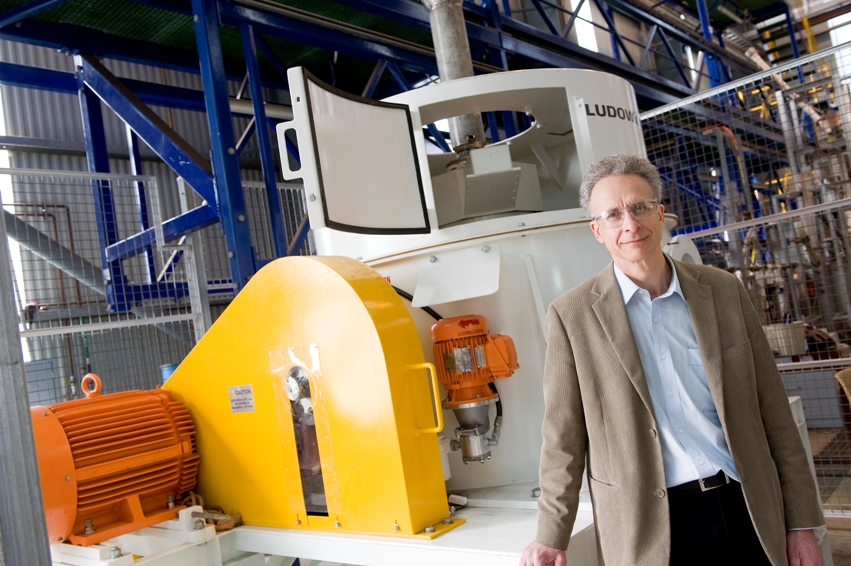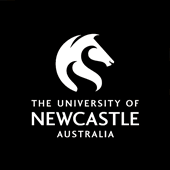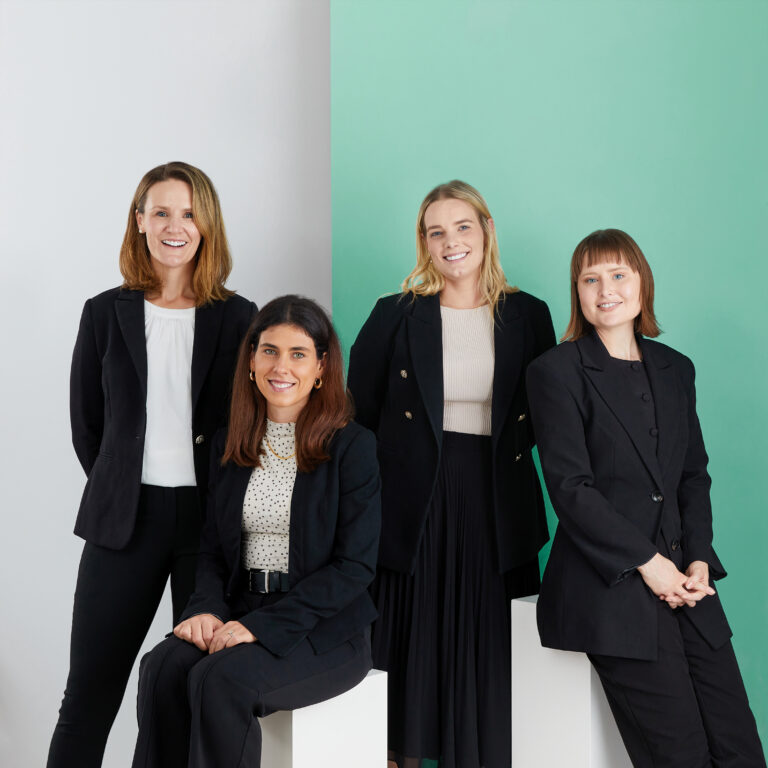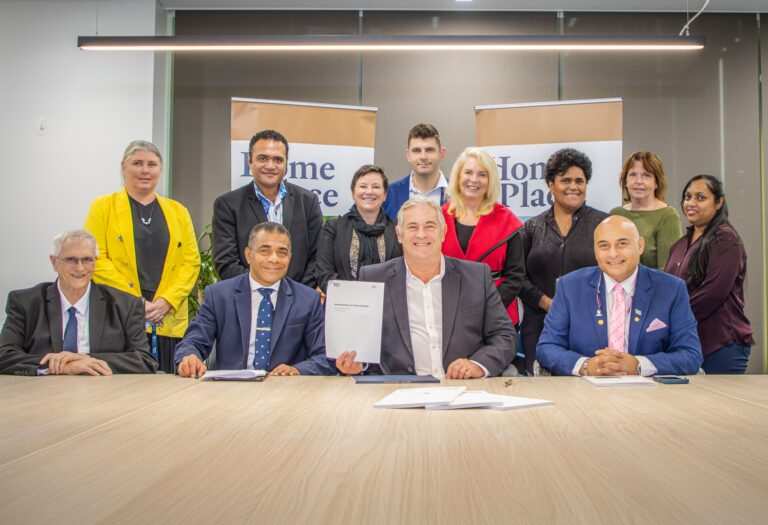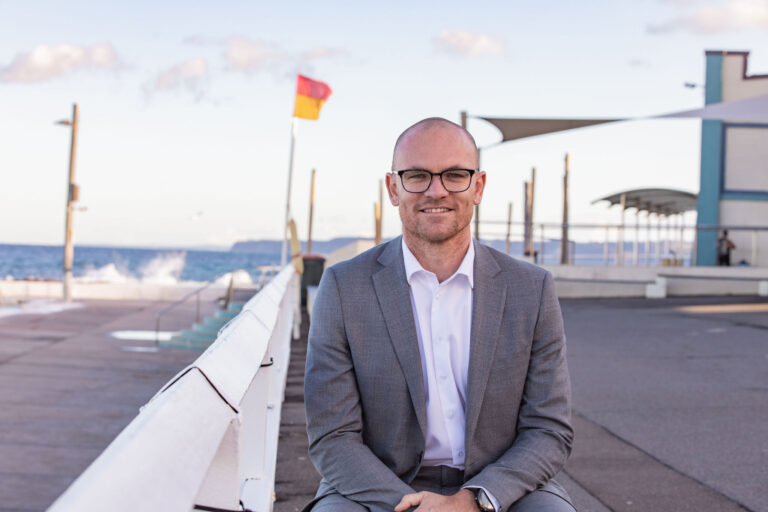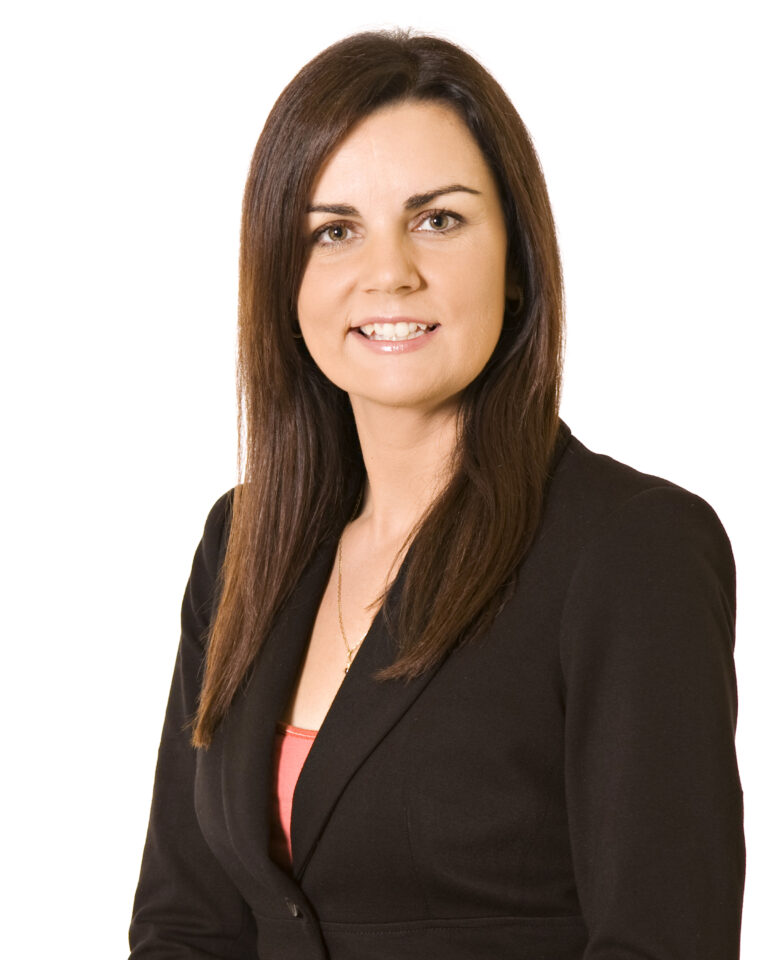Chemical engineer Laureate Professor Kevin Galvin has been elected as a Fellow of the Australian Academy of Science (FAA) in recognition of his outstanding contributions to the field of mineral processing.
The Fellowship is one of the highest honours an Australian scientist can receive, showcasing the nation’s most distinguished scientists who are undertaking ground-breaking research with a clear impact.
Professor Kevin Galvin was one of 24 Fellows recognised in 2020 by his peers following a rigorous evaluation process.
“I feel incredibly honoured to have had my contributions recognised in this way – it’s an opportunity to work with other like-minded individuals to promote the importance of science for the benefit of the community,” Kevin said.
“This recognition helps to reinforce the belief that our work is making a difference and that we should continue to strive to achieve even more.”
Well known for inventing the Reflux Classifier, Kevin earned his reputation as an internationally acclaimed chemical engineer, who works hard to find better ways to separate fine mineral particles.
“If you put a particle into water, it settles at a rate that depends on both its size and density. In the resources sector, the value of that particle correlates with density, so the significant variation in particle size is a huge problem,” Kevin explained.
“I found a way to largely eliminate the effects of particle size allowing particles to be separated primarily on the basis of their density.”
Since 2010, Reflux Classifiers have been installed around the world, processing raw materials such as iron ore, chromite, metallurgical coal, manganese and lithium.
Professor Galvin also serves as Director of the Australian Research Council’s (ARC) Centre of Excellence for Enabling Eco-Efficient Beneficiation of Minerals, involving eight Australian universities, industry partners, and overseas institutions, where world-leading research will be undertaken towards achieving zero-emission mining.
The centre, which received funding of $35M in 2019, is based at the University of Newcastle, where its research aims to make mineral processing more environmentally sustainable.
Kevin’s remarkable career began when he was a student at the University of Newcastle, when a research traineeship with BHP catapulted him into the world of science.
This opportunity gave him a first-hand look at the industry’s challenges, sparking his desire to help solve them.
“Through my traineeship with BHP, I found that innovation comes from connecting different observations and experiences in new ways,” he said.
Elected as a Fellow of the Academy in 2019, the University of Newcastle’s Vice-Chancellor, Professor Alex Zelinsky AO, congratulated Kevin on the prestigious honour.
“It is an honour to be elected by your peers, particularly at this national level,” Alex said.
“Professor Galvin embodies our values of sustainability and excellence and his work demonstrates our University’s commitment to a sustainable future. I’m delighted to see Professor Galvin and his work recognised with such a prestigious award.”
IMAGE | Professor Kevin Galvin elected a Fellow of the Australian Academy of Science (FAA) – an honour in the industry.

